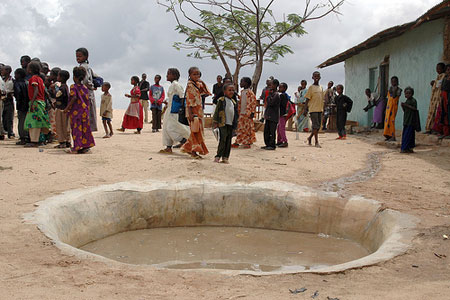
The latest report by the Intergovernmental Panel on Climate Change, focusing on impacts, adaptation and vulnerability, makes sobering reading. But it also situates climate change among a range of other challenges and uncertainties faced by society, especially poor people.
IPCC reports always provoke a discussion about trust in climate science. But they should also make us look at the political choices in responding to climate change – choices which cannot be settled by focusing on the science alone. Responding to climate change, as with many other problems where humans and nature interact, involves making decisions on the basis of incomplete knowledge. But politics and uncertainty are an uneasy mix.
The journalist Fred Pearce, a member of the STEPS Centre’s advisory committee, wrote last week in response to a draft of the IPCC report, noting that this time around, the authors are ‘more wary’ of making specific predictions of local impacts.
“The 2007 report was almost all about the impacts of climate change. Most of this report, and in particular most of the summary for policymakers, is about resilience and adaptation to inevitable climate change.
Central to that new take is setting climate change in a context of other risks, uncertainties and mega-trends such as poverty and social inequality, urbanization, and the globalization of food systems.”
Back in February, Prof Mike Hulme (another member of our advisory committee) suggested that the debate about the climate change needs become more political, not more scientific. Attempts to assert the scientific consensus on climate change miss the point – what matters is what we do about it. In his blog for The Conversation, Mike Hulme offers four important questions to be asked about climate change, which all require a political position to be taken.
Photo: Ethio drought 7 by aheavens on Flickr